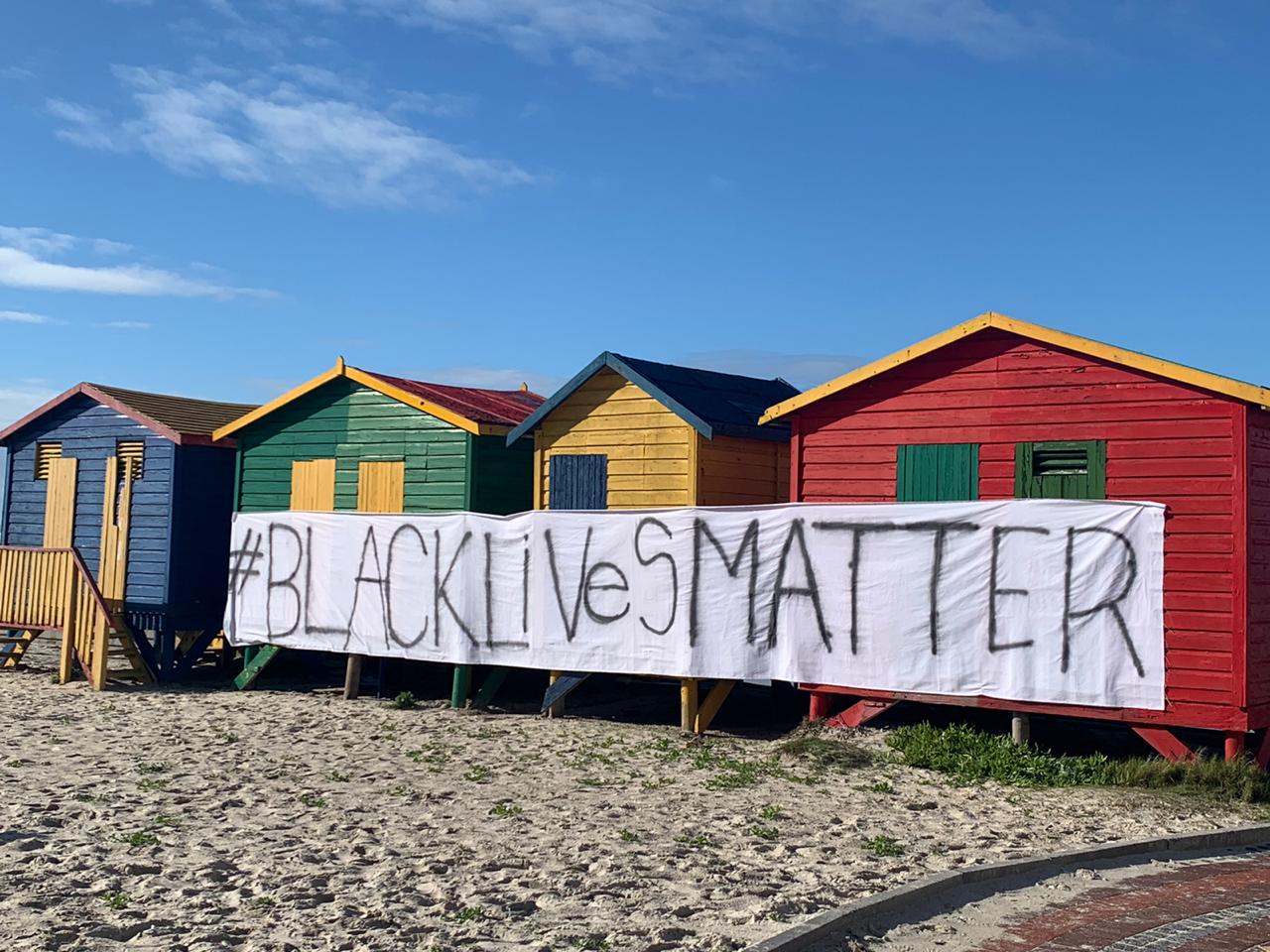
‘Where do I start?’ ‘What can I do?’ ‘I’m afraid I’ll say the wrong thing.’ Undertaking conscious action to educate and combat deep-seated racism begins with one small step. Paa Kweku Woode, Digital Media Strategist at iProspect Ghana, leads you through the discussion
Black lives matter. It’s the slogan of a movement and it sped around the world as quickly as fingers could move across mobile keyboards. And, as expected, a surge of slick corporate responses chimed in with little to no focus on the heart of the matter.
Racial discrimination against Blacks originated many hundreds of years ago. European corporations and individual greed needed justification for the plunder and looting of a continent, the abduction and sale of its people and the destruction of their culture and heritage.
Thus was race invented and so began one of the most insidious and warped miseducation campaigns known to man. This thing called race is an affront to humanity. Financial gain and unbridled capitalist greed propels it, and it has even co-opted religion and society to further its cause. It places whiteness and Eurocentrism above all else. It abhors all that is “Black” and African, and regards it as savage, uncultured and not worth a dime… except when whiteness comes in to use it.
A very long, painful 480 years later, we are still fighting the same battles. Across America, the prisons are a remodelled system of slavery masquerading as societal good. Death sleeps on the streets of Black and African migrant communities, while ruling systems try to extinguish Black people or keep them subordinate. Entire subcultures are being extracted and consumed for profit.
The Black Lives Matter movement is a direct response to the killing of Eric Garner and Trayvon Martin, as well as the thousands of men and women who were, and continue to be, killed and brutalised because they are Black. The message is simple: stop killing us and start treating us with dignity and respect. Give us the same opportunities.
This message is important, and it is shameful that it needs to be said.
In this digital age, it is possible to do good, but it’s as easy to do things that harm humankind. Brands can, and have been, a force for good. But too often their involvement has been either lackluster or misguided. Driving out systemic racism goes beyond pithy platitudes about people-centricity, vague promises of ethics and diversity adjustments.
As the figurative winged messengers of corporations, those in the media and advertising industry have a profound responsibility to make sure that the right things are being done. But before that happens, we must turn our attention within. With more than 90% of leadership in the advertising industry still White, it’s little wonder that it took over 130 years for the Aunt Jemima brand – “the common enslaved ‘Mammy’ archetype, a plump Black woman wearing a headscarf, who is a devoted and submissive servant. Her skin is dark and dewy, with a pearly white smile” (Wikipedia) – to be killed off.
Even on the African continent, this imbalance of power exists in the leadership of international agencies and multinationals. This disconnect is painfully obvious in the campaigns, responses and approach to issues that affect Black Africans.
The way forward will involve a lot of introspection, actual collaboration and a massive cultural reset. Are you willing to sit with the discomfort of an honest conversation about race?
---------------------------
About Paa Kweku Woode
Paa Kweku Woode is a results-orientated marketing professional with strong creative, analytical and leadership skills. He has over 13 years’ experience working and volunteering in multiple creative marketing roles, having had the opportunity to work with a range of organisations from start-ups, to established players like Tigo, Gates Foundation, and Nescafé. His current focus is on digital marketing and mobile technologies - blending and connecting digital technology with real-world experiences.

